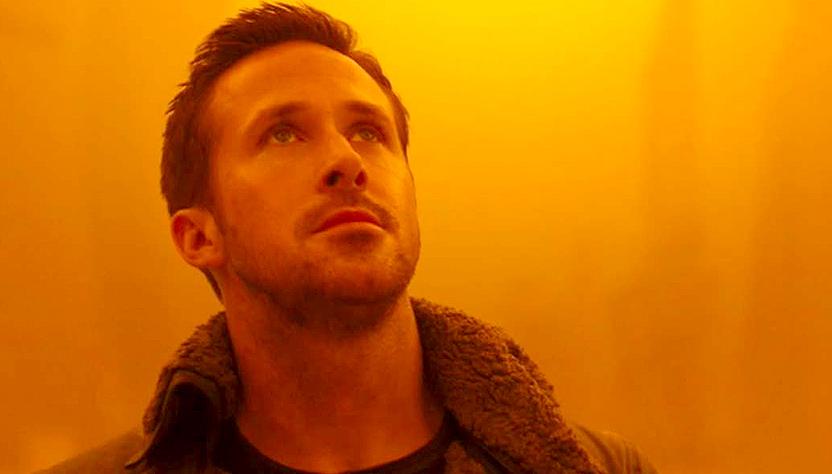
The term “Utopia” was introduced by Thomas More in 1516, describing a fictional island society that’s conceived to be nearly perfect, in almost every aspect. “Dystopia” is the exact opposite, depicting often futuristic societies or states where life is rather terrible and things keep getting worse for everyone, instead of improving.
In time, Dystopia has become an umbrella term, covering a wide range of topics and ramifying into a variety of sub-genres of Sci-Fi and speculative fiction. Some of the most notable cinematic works of the previous century deal with authoritarian or totalitarian regimes and governments, and the subsequent loss of individual freedom (THX 1138, A Clockwork Orange, Nineteen Eighty-Four), as well as the dehumanization, degradation and decline of society (Brazil, Escape from New York, Blade Runner, Invasion of the Body Snatchers). Other films tell stories of civilization collapse due to environmental disasters, overpopulation or viral outbreak (Planet of the Apes, Soylent Green, La Jetée & 12 Monkeys).
Some create technological dystopias (The Matrix, RoboCop, Terminator & T2), where accelerating progress and disruptive innovation backfire terribly. Sometimes, the line between Utopia and Dystopia can be very thin, at least in the beginning, before the dark truth reveals itself (Metropolis, Logan’s Run), while other works describe extreme, post-apocalyptic scenarios, where there’s almost nothing left (Mad Max).
By putting human nature in extreme situations, the genre gets a chance to ask some profound questions about the very foundations of our existence, our place in this world, the meaning of it all, or the lack thereof. Moreover, being essentially the opposite of a nearly perfect society, dystopias usually feature some form of control, be it socio-political or technological, reflecting upon the importance of freedom (of choice) and the fear of losing it.
Our long history of violence reached new levels during the 20th century, a long chain of tragic events and atrocities turning some of our darkest nightmares into reality, bringing global wars and conflicts, authoritarian and totalitarian regimes, tens of millions of deaths, a constant fear of a nuclear annihilation and a sense of impending doom.
10. The Road (Dir. John Hillcoat, 2009)
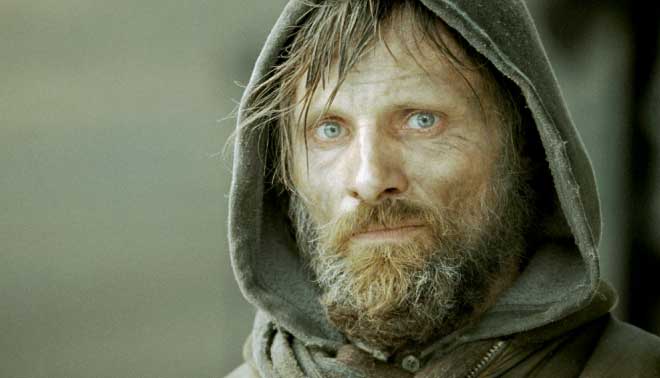
This survival story follows a man and his son travelling the vast nothingness of a post-apocalyptic world, where a global cataclysm had triggered an extinction event, followed by the total collapse of our civilization. This is probably the worst kind of dystopia, one where there is no society left. When facing starvation, the few people still alive resort to ‘less-civilized’ survival methods.
And yet, the two find the resources within to “carry the fire”, to keep the flame of humanity alive through courage, resilience, unconditional love and care, and ultimately (faint) optimism and hope until the very last breath, at the edge of the world. The father-son relationship represents the heart of the story, as they must overcome terrible threats while attempting to reach the coast, looking for warmer temperatures and maybe other people.
The desaturated color grading makes the world even bleaker; a thin waterfall rainbow and the canned food labels bring the only few bright colors into this landscape, fading memories of a dying world. Except for Ely (the old man), the characters have no names, which dehumanizes them even more. After all, what’s the point of names when there’s no society? Every now and then we hear the deep roaring and rumbling of earthquakes, as if the world is a giant broken ship sinking into the abyss, taking everything with it.
Viggo Mortensen delivers a deeply moving performance and the beautiful, bitter-sweet soundtrack by Nick Cave and Warren Ellis only makes things worse.
9. Hard to be a God (Dir. Aleksei German, 2013)
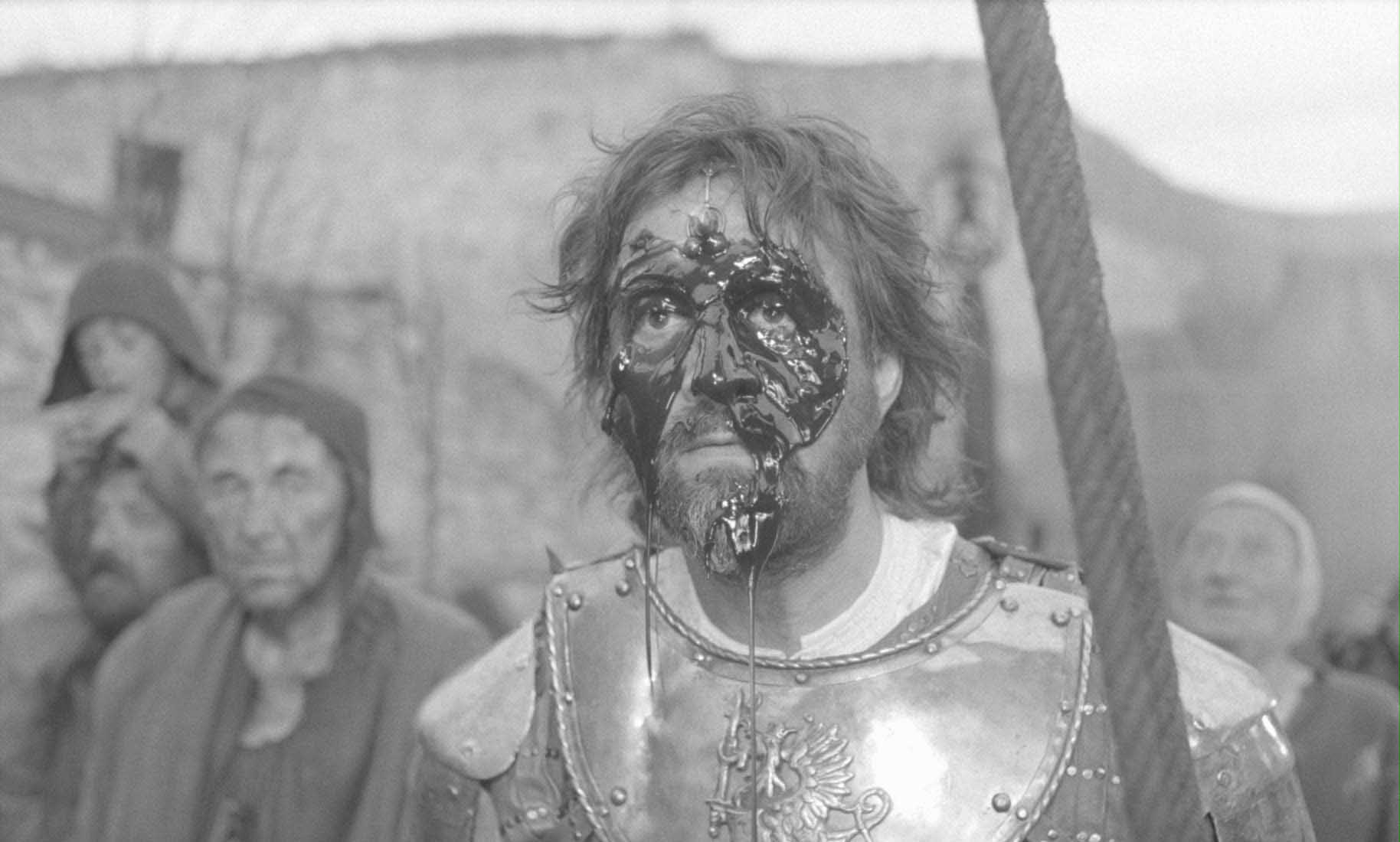
Based on the novel of the same name by the Strugatsky brothers (known for “Roadside Picnic”/Stalker), this surreal and grotesque ride is one of the most ‘non-sci-fi’ sci-fi films out there, and one of the filthiest and most disgusting films, probably, ever made.
A group of scientists travels from Earth to another world, very similar to ours, on a mission to stimulate progress in the kingdom of Arkanar, without interfering with its political affairs. The early signs of a Renaissance are crushed by the tyrannical prime-minister and his militia, many intellectuals (scientists, writers, scholars) being killed in the process, the society thus being stuck in the middle ages.
This very atypical dystopia sometimes feels like a Russian version of “Monty Python and the Holy Grail”, only bleaker, darker and filthier, while the few sci-fi elements occasionally make it look like a medieval spin of Mad Max.
Taking the artistic exaggerations aside, if human society ever looked like this (and it did for centuries, during the Dark Ages), it would be almost impossible to believe that it ever had any chance of crawling out of the mud and coagulate into the society we have today.
“Hard to be a God” can be a difficult and uncomfortable ride. However, the dizzying camera work, the high level of detail of each frame and set, as well as the sheer insanity of all characters turn it into a unique experience for the patient viewer. Still, you might want to take a shower after the film ends.
8. Snowpiercer (Dir. Bong Joon-Ho, 2013)
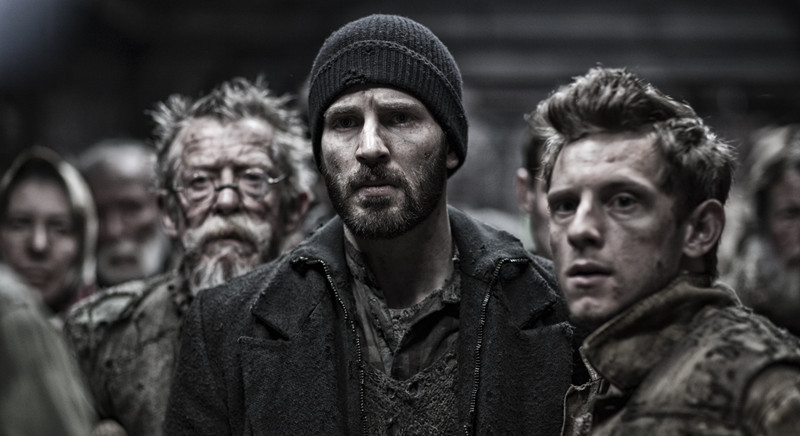
This post-apocalyptic action epic is one of the most original Sci-Fi films of the decade, delivering a very different experience from the regular Hollywood blockbuster. Following a failed attempt to tackle global warming through climate engineering, the world turns into an uninhabitable frozen hell.
All surviving humans live on a constantly moving train, created by magnate and inventor Wilfred, now a living legend, residing at the very front of the train. In this pre-ordained world, powered by the Great Engine, the social structure follows the train structure, each cart being dedicated to a particular type of activity and inhabited by a certain social category (some belong to the tail, other belong to the front, and everyone must know their place).
The oppression of the front fuels the rising tension between the two ends of the train and a revolution ensues, aiming at taking over the Engine and establishing a new order. The Great Engine is almost like a deity, ensuring the motion and survival of this society. It is said that “The engine is eternal. The engine is forever.” And therefore, whoever controls the engine, controls the world.
Eventually, everyone must face the fact that the system is corrupt beyond repair, that extinction is around the corner and that the only thing that reigns eternal is Mother Nature. Excellent performances all-around and great cinematography turn the viewer into another prisoner in that ‘hunk of metal’. Among other philosophical themes, the film questions whether society can change without a hard reset.
7. War for the Planet of the Apes (Dir. Matt Reeves, 2017)
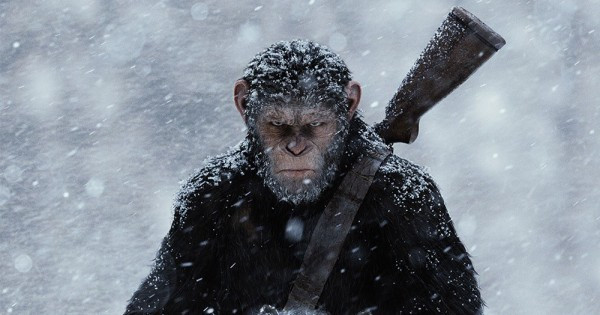
The epic conclusion of the new “Planet of the Apes” trilogy represents a very rare situation where the last film in the series is the best. This post-apocalyptic Sci-Fi dystopia is spiced up by an incredible mix of revenge, survival and war.
Roughly 12 years after the Simian Flu decimated the world population, the tribe of intelligent apes is now in conflict with a rogue military faction, led by The Colonel (Woody Harrelson). A hardened leader now, Caesar must face his dark side and thirst for revenge, while doing what he must in order to save his tribe and take them to a new home, more suitable for their kind and far from the raging humans.
After a strike at the heart of the apes’ tribe, Caesar not only has to fight a war he didn’t start, but, together with the apes, he finds himself at the intersection of two battles, when the military comes after the rogue faction.
As both humans and apes face extinction, the emotionally and intellectually complex plot deals with various questions about morality, humanity, as well as the role of language (and speech) as humanizing factors.
Andy Serkis delivers an outstanding performance through one of the best MoCap works so far. Due to top-notch CGI and MoCap technology, the story feels real, the high stakes are believable, while the fantastic soundtrack by Michael Giacchino boosts the adventure to biblical proportions.
This blockbuster has an unconventional structure and it places focus on characters’ emotions and internal conflicts. So many things could’ve gone wrong, but they didn’t. “Apes together strong” indeed.
6. Minority Report (Dir. Steven Spielberg, 2002)
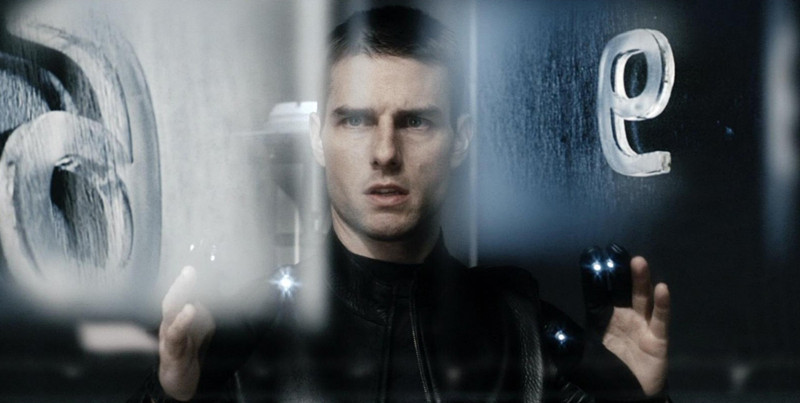
Based on the novel of the same name, by P.K. Dick, this cyberpunk action thriller depicts a more relatable futuristic society where advanced technology is enabling the prevention of crime.
In this case, the line between utopia and dystopia seems rather thin. Goes without saying that a world free of crime would be ideal, but at what cost? Can people alter their destinies? Is the future predetermined? Does intention automatically turn someone into a murderer?
PreCrime Division uses 3 special individuals with psychic abilities (Precogs) in order to foresee and stop future crimes from happening. When Precogs do not agree on the premonition, they issue a Minority Report, a vision that depicts alternative futures. These reports are usually buried in order to preserve the reputation of the system that helped eradicate criminality.
Things take a wrong turn and the team lead (Tom Cruise) becomes a fugitive, pre-accused of a crime he is somehow destined to commit. At the heart of it all is the moral dilemma of choosing between possible futures, as the film explores determinism, free will, and personal choice, as well as authoritarianism enabled by invasive modern technology. Kaminski’s dirty, grimy and bleached cinematography is enhanced by the dark, mysterious and often nostalgic soundtrack by John Williams.
Roughly 17 years later, self-driving cars, AR, eye-scanning recognition, mass surveillance and personalized advertising, and even crime prediction & prevention software, are just some of the film’s projections that already came true.